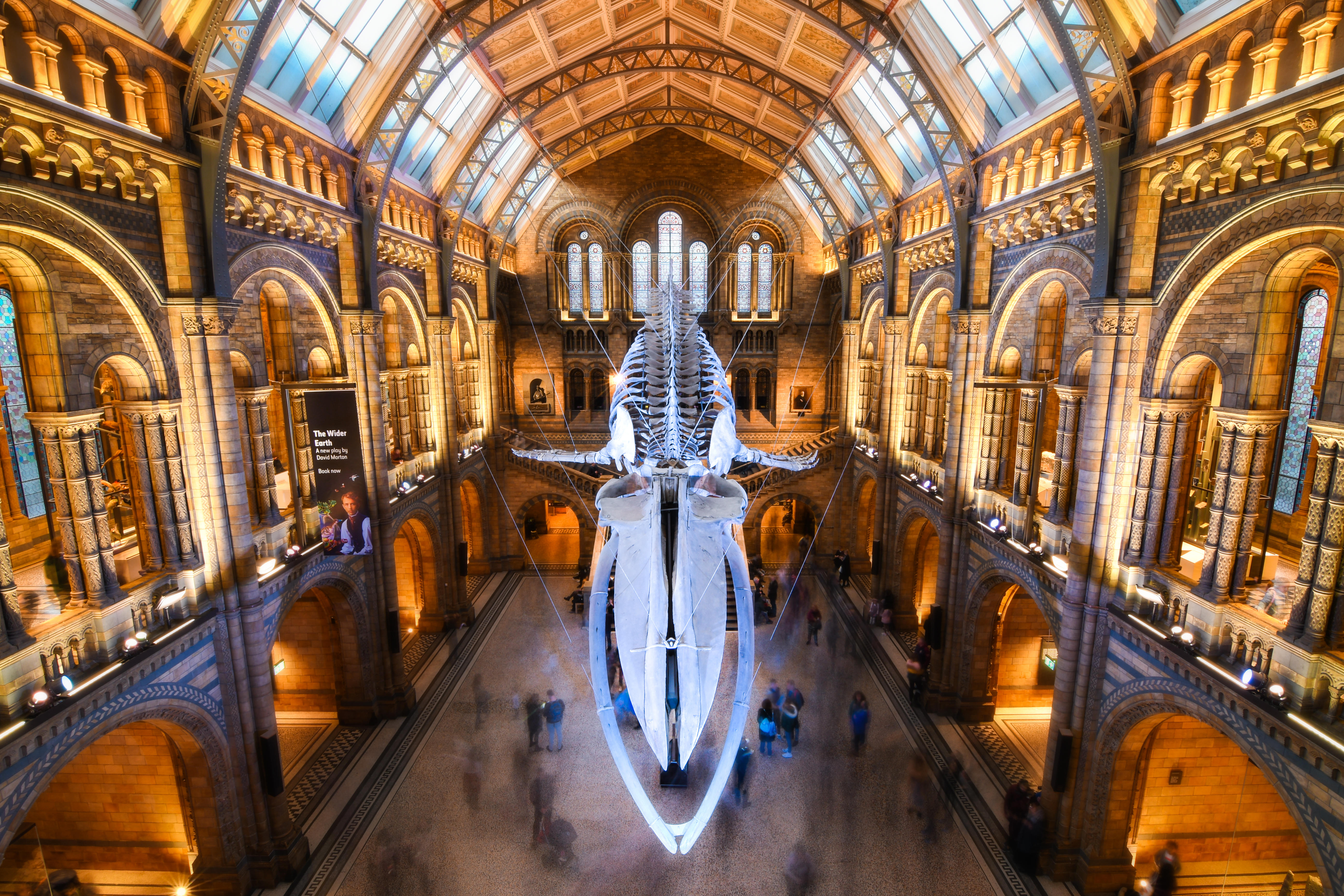Spectator - Carla Carlisle
Revision is the Easter vigil, says Carla Carlisle, who wonders whether her son, who is currently revising for his GCSEs, will ever remember the happy chaos of dyeing eggs, the rainy egg hunts and the tonnes of Cadbury mini eggs


On the day of his exams, my friend Nicholas's mother used to pat him on the back and say, 'Remember darling, 70% is just as good as 100%.' When Nicholas presented her with his reports, she would tell him, 'But sweetheart, I'm not interested in marks: what have you learned?'
This is the mother I want to be. This is the mother I am not. Instead I nag, nag, nag. I have bought into the conspiracy theory that the GCSEs Sam faces this spring will determine the universities he applies to two years down the road. That the university he goes to will determine his career choices. That the career choices will determine all future happiness in life.
'I hate Lent,' wrote Jonathan Swift, in 1712. He hated the 'sour, devout faces of People who only put on Religion for seven weeks'. I worry that someday Sam will say: 'I hate Easter' because its spiritual resonance will be forever blurred by memories of revising for exams.
His Easter vigil is not the Vision but the Revision: Common Entrance, GCSEs, AS levels, A levels. Will he remember the happy chaos of dyeing eggs, the rainy egg hunts, the tonnes of Cadbury mini eggs, the egg tree with its hand-painted Russian eggs dangling on screwy twigs of hazel 'Contorta'? Will he have good memories of the glorious services in the cathedral, of a happy gang of family and friends lingering over delicious meals at a dining table covered in moss and eggs, of the passionate games of Articulate, Trivial Pursuit and pots of mint tea in the drawing room? Or will he remember only that, as the last guest departed on Easter Monday, the cramming regime began. Latin. Chemistry. Biology. Maths. French. Classical Civilisation.
Only his beloved dog, Bofus, loyally camped at his feet, penetrates the enforced solitude of the study chamber. The playwright John Osborne believed that a dog was a child's best teacher, providing a perfect form of moral and emotional in- struction. A dog initiates him into con- taining the power of the pack, the needs of those who demand you to lead as well as love them. He believed that dogs instil more practical wisdom about selflessness, procreation and death than schools or even parents.
Osborne also liked to tell how the first few bars of the Enigma Variations were inspired by Elgar's great bulldog, Dan, falling down a steep bank of the River Wye, then paddling upstream in search of a landing place (bars two and three) and his rejoicing bark on reaching dry land (second half of bar five). The organist at Hereford Cathedral suggested that the composer set it to music. ' And I did,' wrote Elgar. In the autograph draft of Variations, he inscribed just one word: 'Dan.'
In fact, Elgar is as good a reason as any to lighten up, to surrender Sam's education to Bofus. The greatest musician England has produced for 300 years, Elgar attended neither public school nor university and had no formal musical training. Away from the treadmill of academic strictures and exams, the composer was free to find his own path.
Sign up for the Country Life Newsletter
Exquisite houses, the beauty of Nature, and how to get the most from your life, straight to your inbox.
These are my thoughts as I melt down a large Green and Black's chocolate egg, slowly whisking in the Jersey milk to make a sumptuous cup of hot chocolate, a gesture of encouragement for Sam whose head is barely visible behind the files of revision papers. I silently vow to tell him that success, like happiness, is best pursued obliquely. That marks really don't matter, it's what you learn. As I hand him the rich, steamy offering, the words come tumbling out of my mouth: 'If you don't get all As on your GCSEs, you will die poor and lonely'.
This article first appeared in Country Life magazine on April 7, 2005.
Country Life is unlike any other magazine: the only glossy weekly on the newsstand and the only magazine that has been guest-edited by HRH The King not once, but twice. It is a celebration of modern rural life and all its diverse joys and pleasures — that was first published in Queen Victoria's Diamond Jubilee year. Our eclectic mixture of witty and informative content — from the most up-to-date property news and commentary and a coveted glimpse inside some of the UK's best houses and gardens, to gardening, the arts and interior design, written by experts in their field — still cannot be found in print or online, anywhere else.
-
 Athena: We need to get serious about saving our museums
Athena: We need to get serious about saving our museumsThe government announced that museums ‘can now apply for £20 million of funding to invest in their future’ last week. But will this be enough?
By Country Life
-
 Six rural properties with space, charm and endless views, as seen in Country Life
Six rural properties with space, charm and endless views, as seen in Country LifeWe take a look at some of the best houses to come to the market via Country Life in the past week.
By Toby Keel